2 min read
Gospel-Centered from the Start
“Let us hold unswervingly to the hope we profess, for He Who promised is faithful…Jesus Christ is the same yesterday, today, and forever.” (Hebrews...
I was part of a brainstorming session about how to get the word out about UGM’s relatively new Recovery for Life weekly 12-step meetings. From a broader perspective, we wanted to come up with a brief way to explain why we have a whole department – Aftercare – devoted to people who aren’t staying at UGM.
We found that the answers were in the second half of the names:
For Life.
Care.
Homelessness is the problem UGM is committed to fighting. But the underlying reason we want to do that isn’t just to make our streets cleaner or safer; it isn’t so we can boast about our community’s positive economic data.
Each partner in this effort cares about people. We love and serve a gracious Lord, and we want people – each one created purposefully by him – to live joyful, meaningful lives in his service. Our purpose mirrors that of Jesus: “I have come that they may have life, and have it to the full.” (John 10:10)
There are two layers to the idea of a “full” life: quality of life, for the whole duration of life. Recovery for Life speaks to both.
Tracy and Charlene co-lead the Recovery for Life meeting for women in Spokane. Tracy is finishing the Women’s Recovery Program at Anna Ogden Hall, and Charlene is the reason she started it. It’s easy to see both of them care deeply for the women they lead.
The Holy Spirit drives Tracy to share the hope she received. “I have a heart for anybody and everybody that wants to get better. I know how hard it is.”
Tracy didn’t have the “usual” reason for recovery – she didn’t have an alcohol or drug problem, but her husband did. Because of that, she found herself staying in a shelter in Davenport, Washington, where she went to a recovery support meeting led by Charlene. She came to ask questions about her husband’s addiction, but Charlene helped her see her own struggle more clearly.
“I realized that even though I don’t have a substance abuse problem myself, I was addicted to codependency and isolating myself, withdrawing into myself. That’s what got me to see that AOH would be a really good place to be.”
In the program at Anna Ogden Hall, Tracy received true freedom from those “fearful things” that had – almost literally – held her down. “I could just see God’s hand just whisking them away. After that, I could actually talk to people and look at people in the face and just be more me and freer than I’ve been in so long.”
Charlene didn’t know much about UGM before Tracy came, but she’s learned a lot about it by walking alongside Tracy through the program. “She really let me be a part of her process, and I was so blessed … just being able to see the transformation. When I went to [her] first phase celebration, I just felt the Holy Spirit all over it and I felt a tug at my heart, like this is something I want to be a part of.”
Charlene doesn’t have a history of substance abuse either, but several people close to her do, and she also has a past of unhealthy, codependent relationships. Through Tracy’s journey, Charlene got connected with UGM and is now working with Aftercare manager Mike Doggett to hold the Recovery for Life meetings for women in Spokane.
Her heart is to point people to Jesus first and foremost. Even if people seem to be able to deal with their problems or addictions without him, she says, “Why would you want to? Because you’re still empty and whatever you used to fill that void is still going to be there. And Christ is the only one that can fill it.”
Charlene wants people with all kinds of struggles to consider coming to Recovery for Life.
“We all have hurts and habits and pain,” she says. “Sometimes you do feel alone in your pain. … There’s some comfort when somebody looks at you and you know that they know what you’re talking about.”
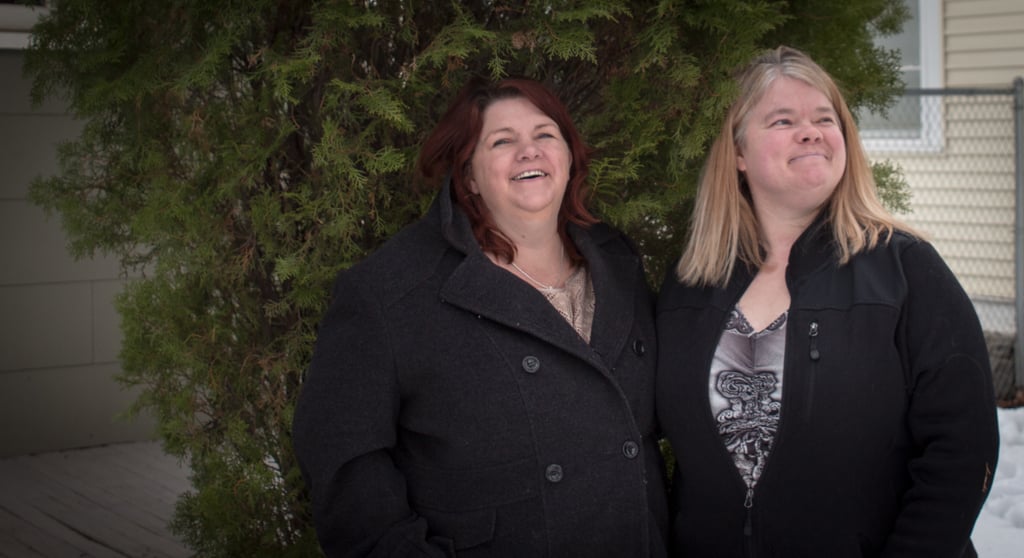
Because relapse is a huge risk for people in the first few years of recovery, every aspect of our programs seeks to help participants build personalized, ongoing support networks: healthy people to turn to for help in a crisis. Recovery for Life meetings are part of that effort, along with UGM mentors, recovery transition teams, vocational support and intentional connections within a local church congregation.
Charlene finds joy in walking alongside people and seeing their continued success. “I love hearing stories of winning. Just people overcoming. Even if they’re minor in some people’s eyes, some people’s stories are so tragic, and to see them winning is just amazing.”
Recovery for Life meetings are all about sustaining those victories. “We gear towards pulling out your feelings and being more mindful and thoughtful of the things that got you where you’re at, and that you don’t want to be there anymore.”
Creating strong relationships with each other is another important goal of the regular meetings. “It’s creating bonds, healthy bonds, with other women; it’s creating accountability partners,” says Charlene. She wants the group to grow as sisters in Christ who will reach out to others when they might be in danger of relapse.
But those bonds do make them vulnerable. The hardest part of leading the group is “when you don’t see someone come back for a while,” Tracy says. Concerns for that woman immediately crop up, and that could easily become a burden of worry. “I have to learn to give it to God right away. … I can get really weighed down if I don’t remember to just say, ‘God, take them. They’re yours to take care of and not mine.’ ”
Charlene has had to learn that lesson with her own family members, and it also applies to her meetings. “I always think their story’s not over yet. God says there are those who sow and those who water, and I don’t know what point in your life I’m going to be part of, but that’s the only part I’m responsible for. I might not ever see the harvest, and that’s OK.”
Nevertheless, Charlene loves seeing God’s work over the long term through regular meetings. One of the friends she made through her recovery groups “has a story of tragedy, and although she still struggles, she’s winning too. She gives God the glory when she wakes up in the morning. Even in all her pain and struggles. She still has an amazing outlook. That’s the thing we’ve been able to see through groups.”
Jesus came so we could have life, “a life that is eternal in quality and duration.” If you’re seeking the freedom he offers you from a drug or alcohol addiction, relationship addiction, gambling, codependency, overeating – you name it – you are welcome at a Recovery for Life meeting.
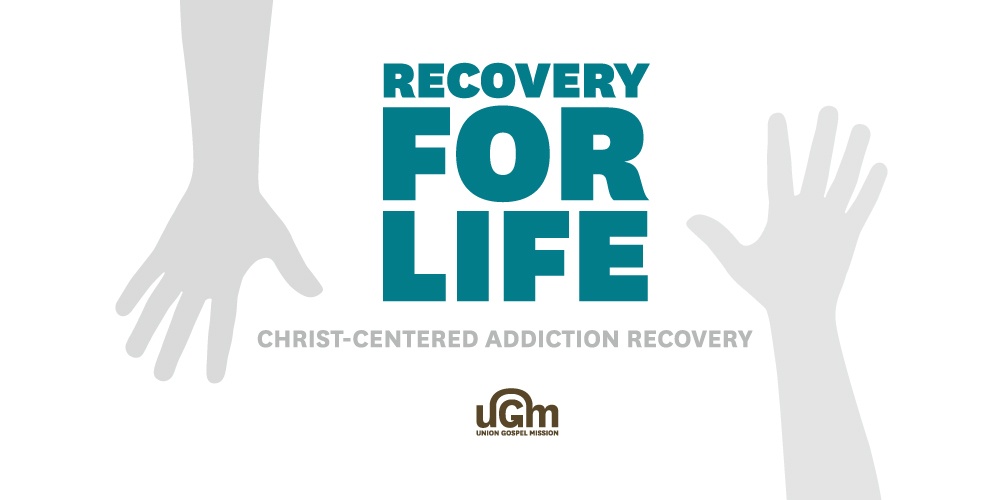

2 min read
“Let us hold unswervingly to the hope we profess, for He Who promised is faithful…Jesus Christ is the same yesterday, today, and forever.” (Hebrews...

9 min read
To celebrate 75 years of serving the Inland Northwest, we are spending the year remembering our history and the faithfulness that built us and...

2 min read
In 2026, Union Gospel Mission Inland Northwest is approaching our 75th Anniversary! This is a milestone that invites gratitude and reflection, and...
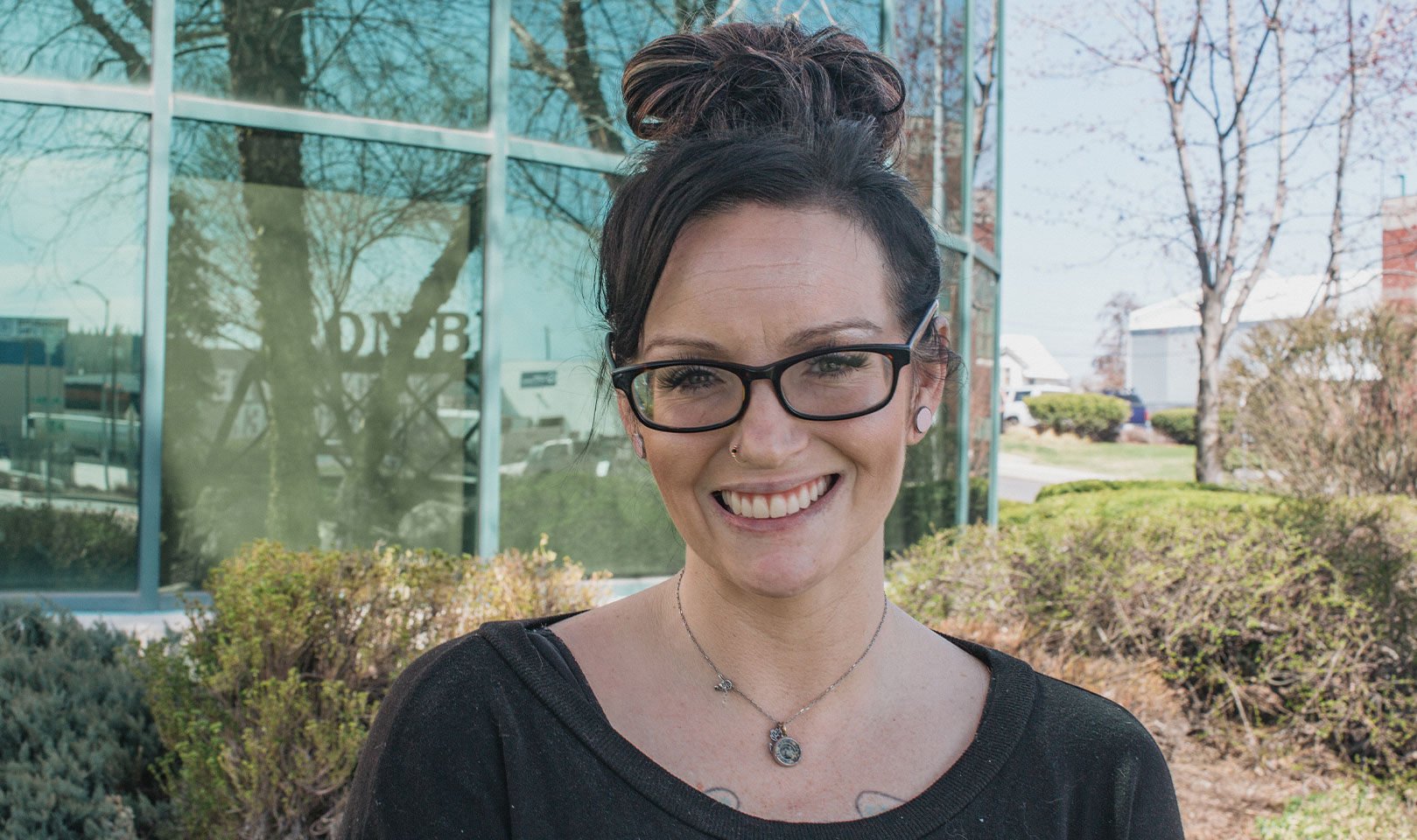
The UGM Life Recovery program prepares individuals to break cycles, create healthy relationships, and balance responsibilities. Rachel commenced in...
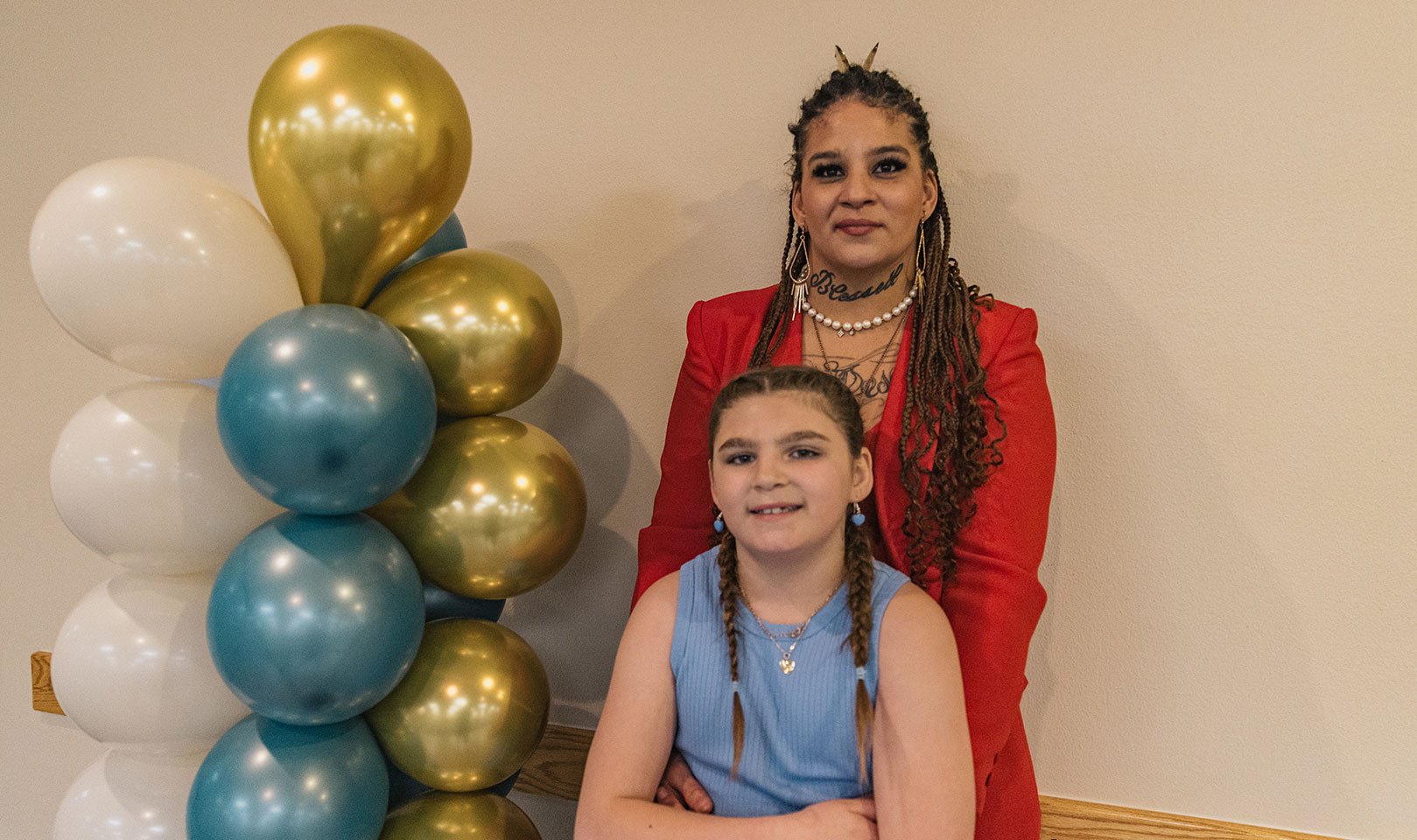
The 18 to 24-month-long UGM Life Recovery program requires vulnerability, persistence, and commitment from the men and women who participate....
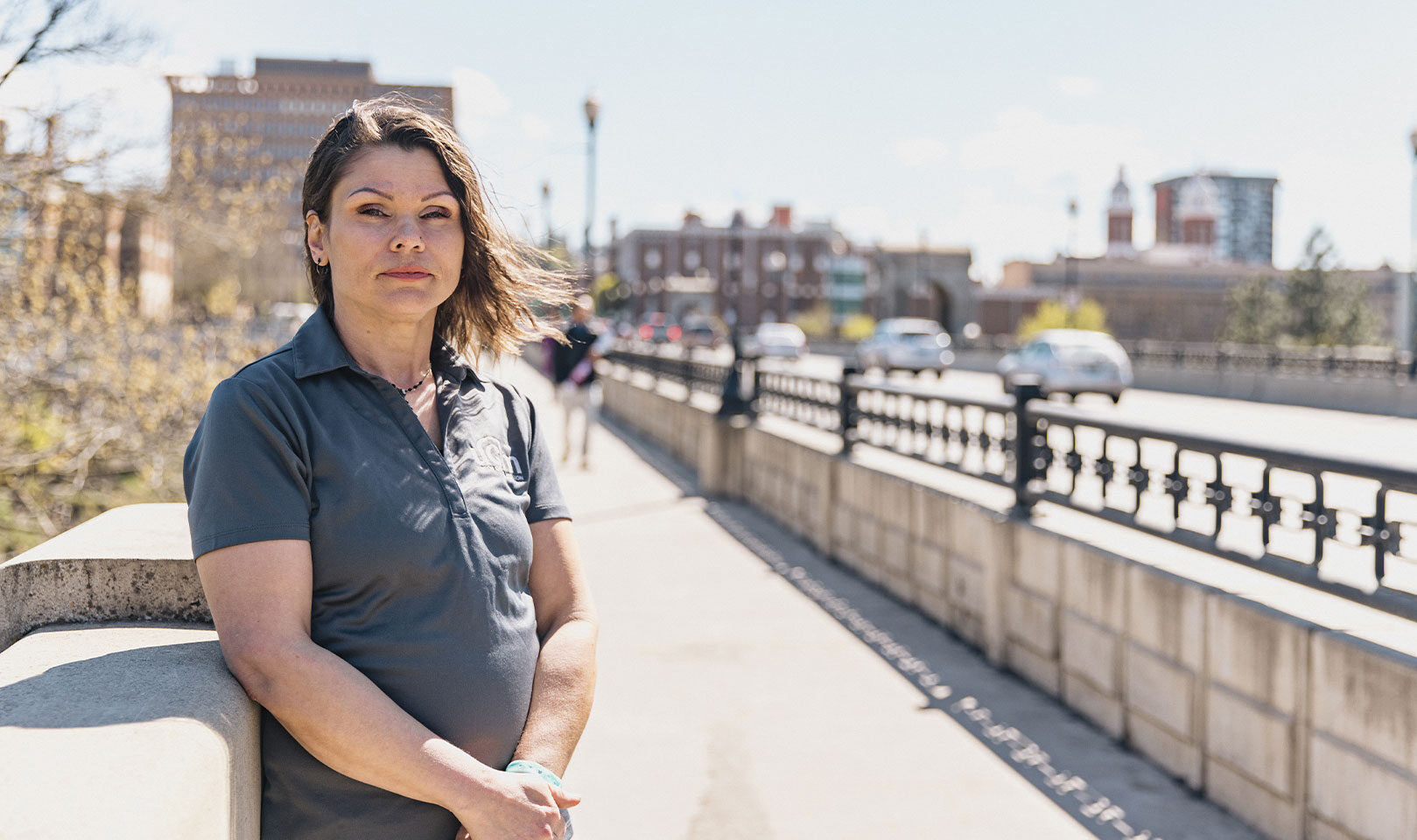
Completing the 5-phase Life Recovery program marks the beginning of a life of recovery outside the walls of UGM. Individuals embark on a lifelong...